Blog
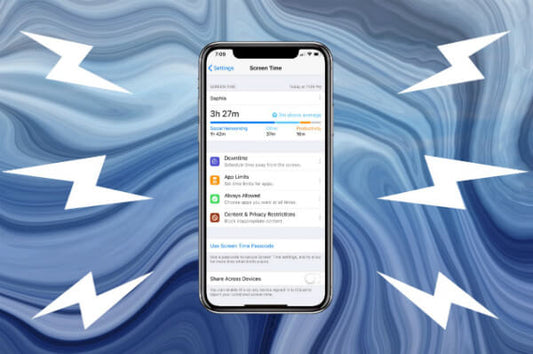
Blue Light Pollution: What You Need to Know
Light can impact our skin and health in major ways. And, while sunlight might be the most well-known culprit of premature signs of aging, it’s not the only one. The...
Blue Light Pollution: What You Need to Know
Light can impact our skin and health in major ways. And, while sunlight might be the most well-known culprit of premature signs of aging, it’s not the only one. The...
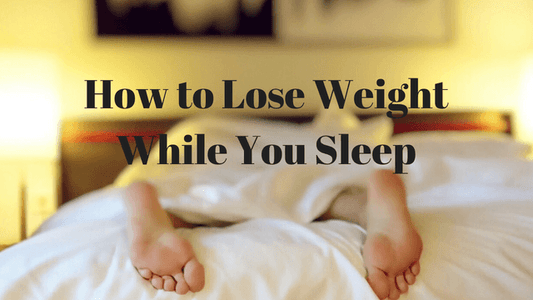
Is It Possible to Lose Weight While You Sleep?
Contrary to what many people think, sleep is not an inactive state. During sleep our bodies are doing lots of important work—repairing cells and tissues, restoring full, healthy function to...
Is It Possible to Lose Weight While You Sleep?
Contrary to what many people think, sleep is not an inactive state. During sleep our bodies are doing lots of important work—repairing cells and tissues, restoring full, healthy function to...
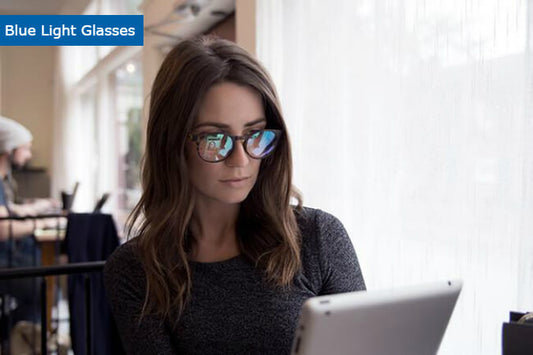
Should You Wear Blue Light Blocking Lenses?
If you work on a computer, use a smartphone, watch TV, or simply go out in the sun, you are being exposed to high-energy visible (HEV) blue light. Too much...
Should You Wear Blue Light Blocking Lenses?
If you work on a computer, use a smartphone, watch TV, or simply go out in the sun, you are being exposed to high-energy visible (HEV) blue light. Too much...
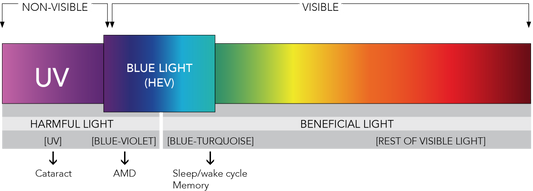
What is blue light?
What is Blue Light? Blue light is a color in the visible light spectrum that can be seen by human eyes. Blue light is a short wavelength, which means it...
What is blue light?
What is Blue Light? Blue light is a color in the visible light spectrum that can be seen by human eyes. Blue light is a short wavelength, which means it...
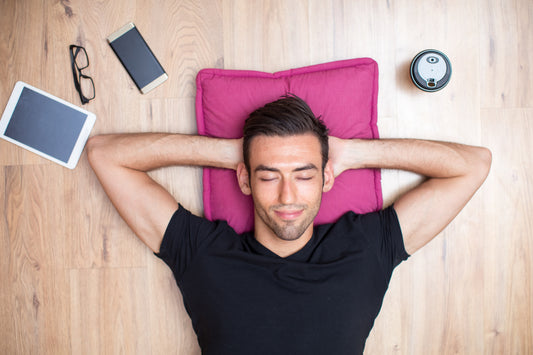
Computer Eye Strain: 10 Steps For Relief
With so many of us using computers at work, computer eye strain has become a major job-related complaint. Studies show that eye strain and other bothersome visual symptoms occur in...
Computer Eye Strain: 10 Steps For Relief
With so many of us using computers at work, computer eye strain has become a major job-related complaint. Studies show that eye strain and other bothersome visual symptoms occur in...

5 Simple Steps to Prevent Tech Neck
The act of holding your head flexed and forward while looking down at your handheld device and/or laptop screen places your cervical spine in a tenuous position. Over long periods...
5 Simple Steps to Prevent Tech Neck
The act of holding your head flexed and forward while looking down at your handheld device and/or laptop screen places your cervical spine in a tenuous position. Over long periods...
